The Israeli military said on November 1 that it had launched an airstrike on the Jabaliya refugee camp in the Gaza Strip, killing a Hamas commander in an attack that killed at least 50 Palestinians. The attack left 11 Israeli soldiers, mostly infantry, dead when their vehicles were hit by anti-tank missiles, according to Israel Army Radio.
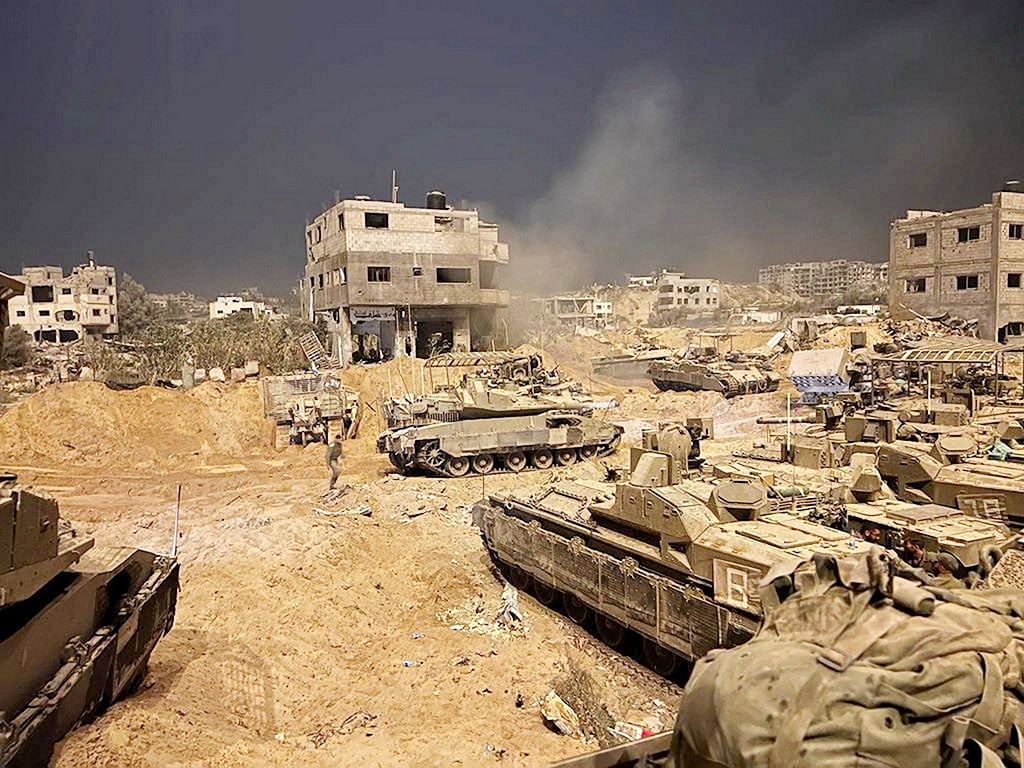
Israeli armored vehicles participate in the operation in Gaza in this photo released on November 1.
An Israel Defense Forces (IDF) spokesman said the attack killed Hamas commander Ibrahim Biari. The IDF said he played a key role in planning and executing the October 7 attack on Israel that killed more than 1,400 people. Israel retaliated fiercely, killing at least 8,525 people in Gaza. Hamas spokesman Hazem Qassem denied there were any senior commanders in the refugee camp, while Qatar, Saudi Arabia and Pakistan condemned the Israeli attack.
Flashpoints: Israel reveals plan to push Gazans to Egypt; Ukraine fears being turned away by the West?
New Front
While continuing its campaign in Gaza, Israel must deal with pro-Hamas forces in the region. Reuters reported that Israel had just deployed warships to the Red Sea on November 1 to reinforce its forces, following drone and long-range missile attacks by Houthi forces in Yemen on October 31. Images released by the Israeli military showed Saar-class frigates patrolling near the southern port of Eilat, which the country considers a new front. Houthi spokesman Yahya Saree said the force had attacked Israel with UAVs and ballistic missiles in support of the Palestinians, and vowed to continue until Israel stopped attacking Gaza.
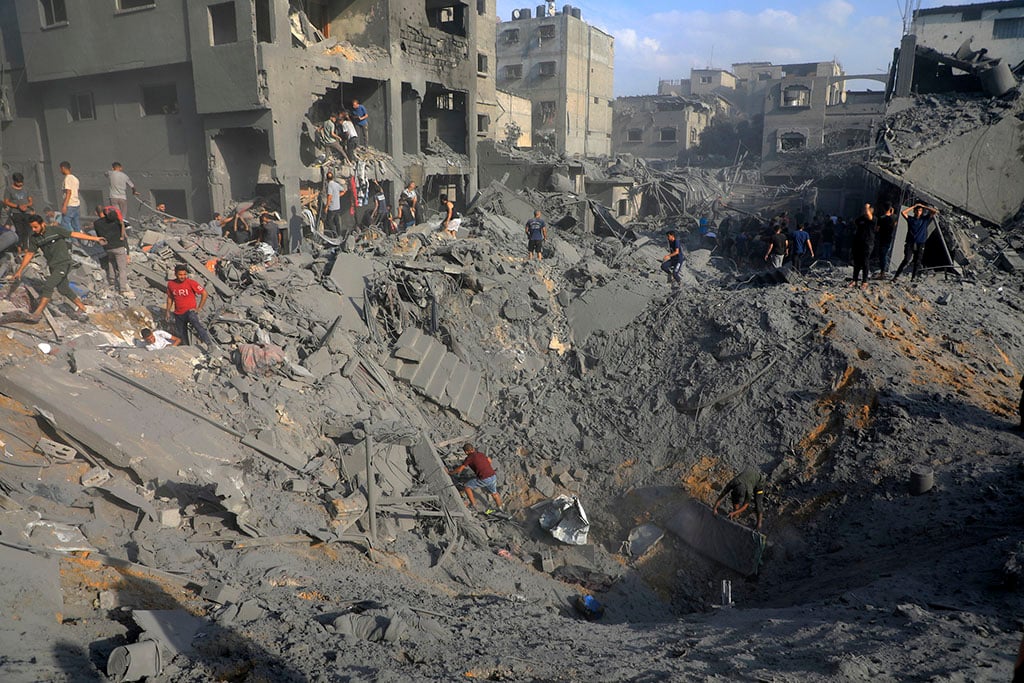
Jabaliya refugee camp in Gaza Strip after Israeli airstrikes
In the north, the Israeli military continues to deal with threats from the border with Lebanon, where Israel has increased its firepower with the pro-Hamas Hezbollah. I24 News reported that the Israeli military has been fighting on multiple fronts in recent days and has also destroyed the home of Hamas deputy leader Saleh al-Arouri in the Ramallah area of the West Bank, although he mainly lives in Lebanon and Türkiye.
Houthi forces launch missiles, UAVs, officially entering the Hamas-Israel conflict
Risk of spreading
Amid concerns about further conflict in the region, an Israeli document has been leaked about plans to relocate Palestinians to Egypt's Sinai Peninsula. Israeli Prime Minister Benjamin Netanyahu confirmed the document but said it was only a preliminary document in "dozens of similar reports" prepared by the country. However, Egypt and Jordan are extremely concerned and have warned that any plan to relocate Palestinians from the Gaza Strip and the West Bank to these countries could lead to an escalation of conflict in the region. The Times of Israel reported on October 31 that Egypt has deployed tanks and other armored vehicles near the Rafah border crossing with the Gaza Strip, due to concerns about Palestinian refugees flooding into the Sinai Peninsula. Egyptian Prime Minister Mostafa Madbouly said that the country would accept "sacrifice millions of people" to protect the Sinai Peninsula.
In another development, Qatar has brokered a deal between Egypt, Israel and Hamas, with the coordination of the US, to allow foreign passport holders and some seriously injured Palestinians to leave Gaza. The Guardian reported that the Rafah border crossing between Gaza and Egypt opened for limited evacuations on November 1. In terms of aid, the Palestinian Red Crescent said 70 trucks carrying water, food and medical supplies had entered the Gaza Strip. CNN quoted Hamas spokesman Abu Obeida as saying that the group would release some foreign hostages in the coming days.
Israel airstrikes refugee camp to kill 'Hamas commander', many civilians killed
Bolivia cuts diplomatic relations with Israel
On November 1, the AP reported that Bolivia became the first country to sever diplomatic relations with Israel since the Hamas-Israel conflict broke out. The Bolivian government explained on October 31 that the decision was made because of Palestinian casualties in the Gaza Strip, while not mentioning Hamas' attacks on Israel. On the same day, two other South American countries, Chile and Colombia, recalled their ambassadors to Israel to protest the country's actions in the Gaza Strip. The Israeli Foreign Ministry criticized Bolivia's decision as "surrendering to terrorism and the regime of the Iranian supreme leader," accusing the South American country of "aligning itself with Hamas."
Source link


![[Photo] National Assembly Chairman Tran Thanh Man meets with General Secretary and President of China Xi Jinping](https://vstatic.vietnam.vn/vietnam/resource/IMAGE/2025/4/14/4e8fab54da744230b54598eff0070485)

![[Photo] Ceremony to welcome General Secretary and President of China Xi Jinping on State visit to Vietnam](https://vstatic.vietnam.vn/vietnam/resource/IMAGE/2025/4/14/5318f8c5aa8540d28a5a65b0a1f70959)
![[Photo] Prime Minister Pham Minh Chinh chairs conference to review the implementation of Resolution No. 18-NQ/TW](https://vstatic.vietnam.vn/vietnam/resource/IMAGE/2025/4/14/dcdb99e706e9448fb3fe81fec9cde410)
![[Photo] General Secretary To Lam holds talks with General Secretary and President of China Xi Jinping](https://vstatic.vietnam.vn/vietnam/resource/IMAGE/2025/4/14/b3d07714dc6b4831833b48e0385d75c1)

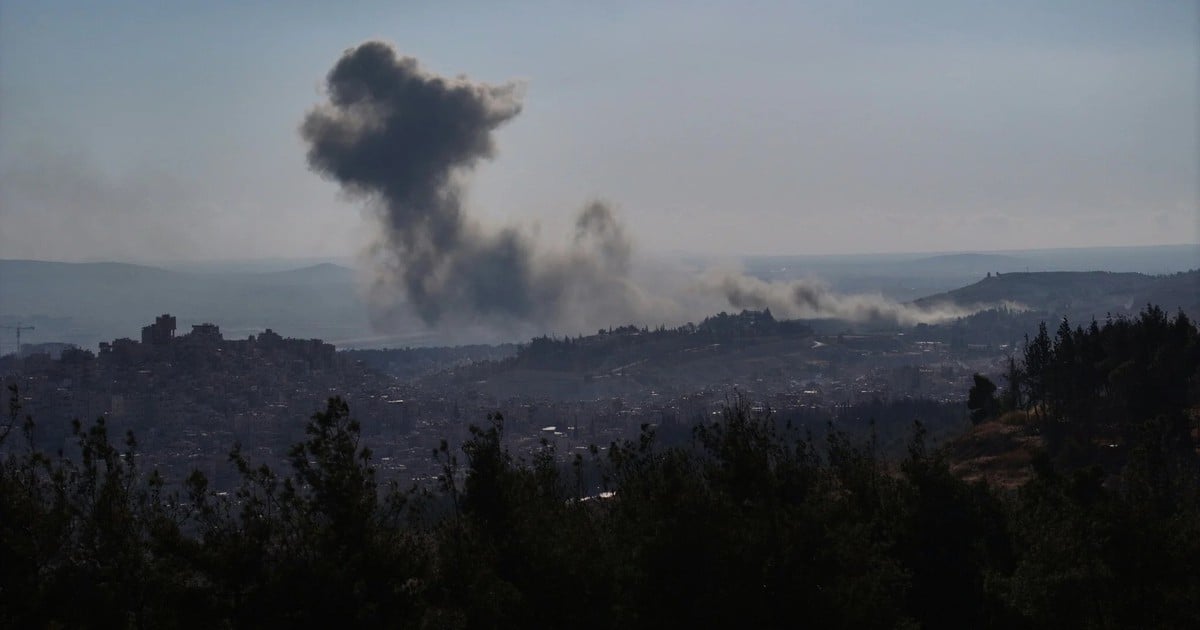
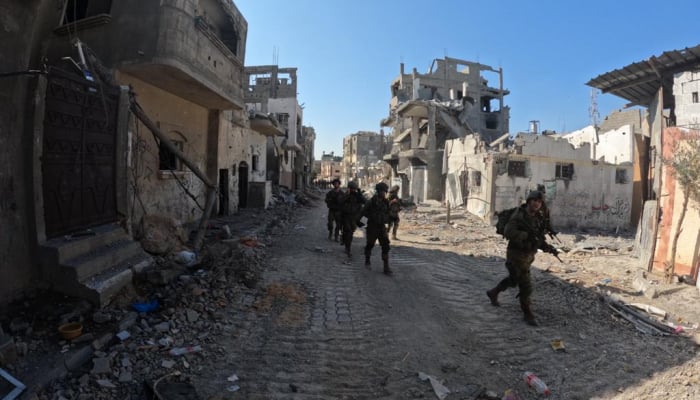

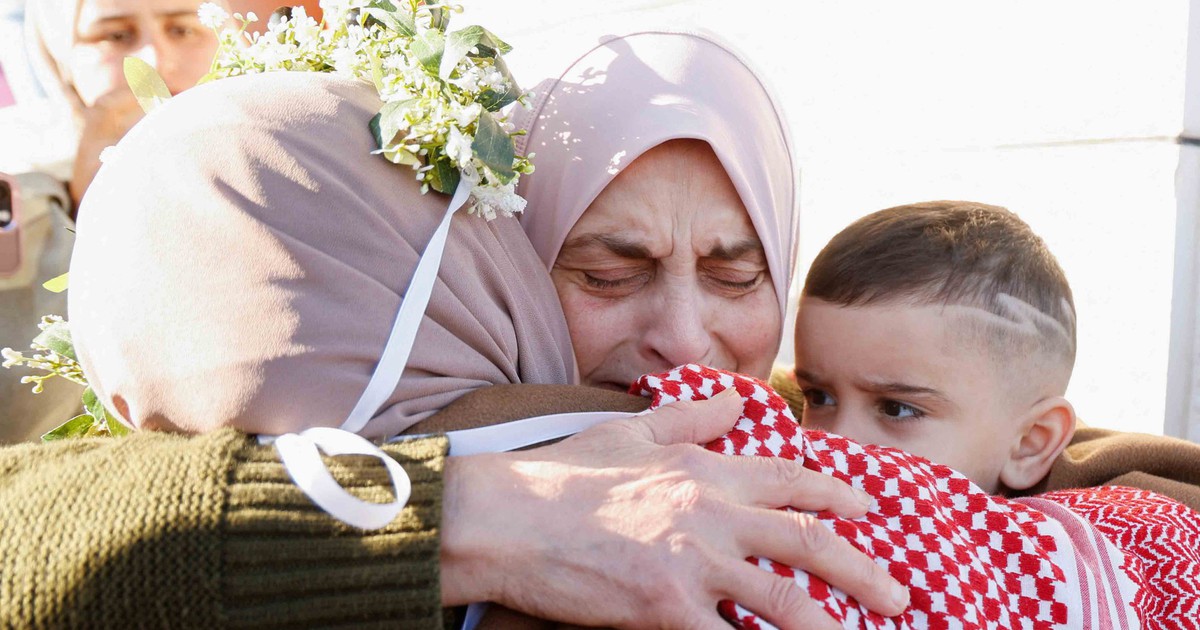
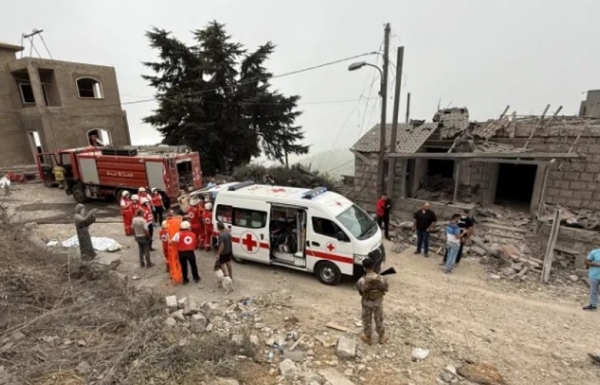

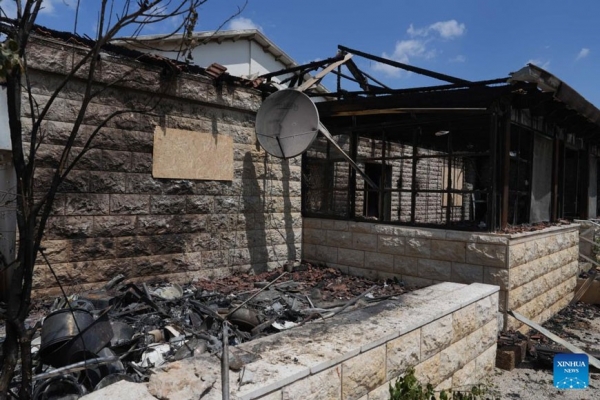

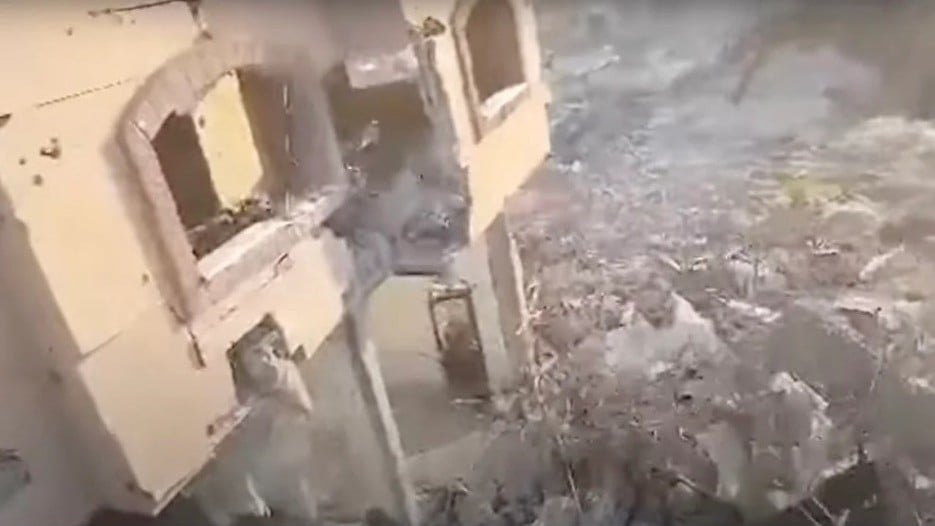

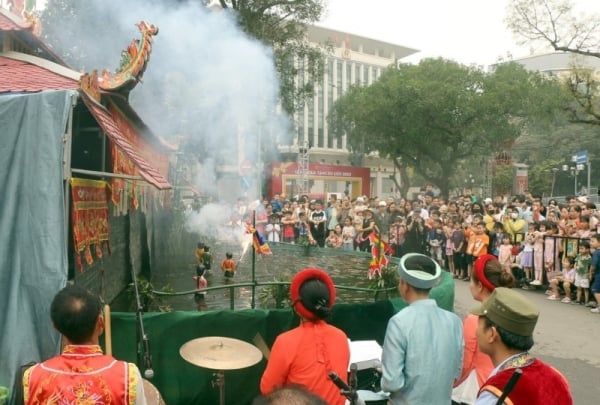










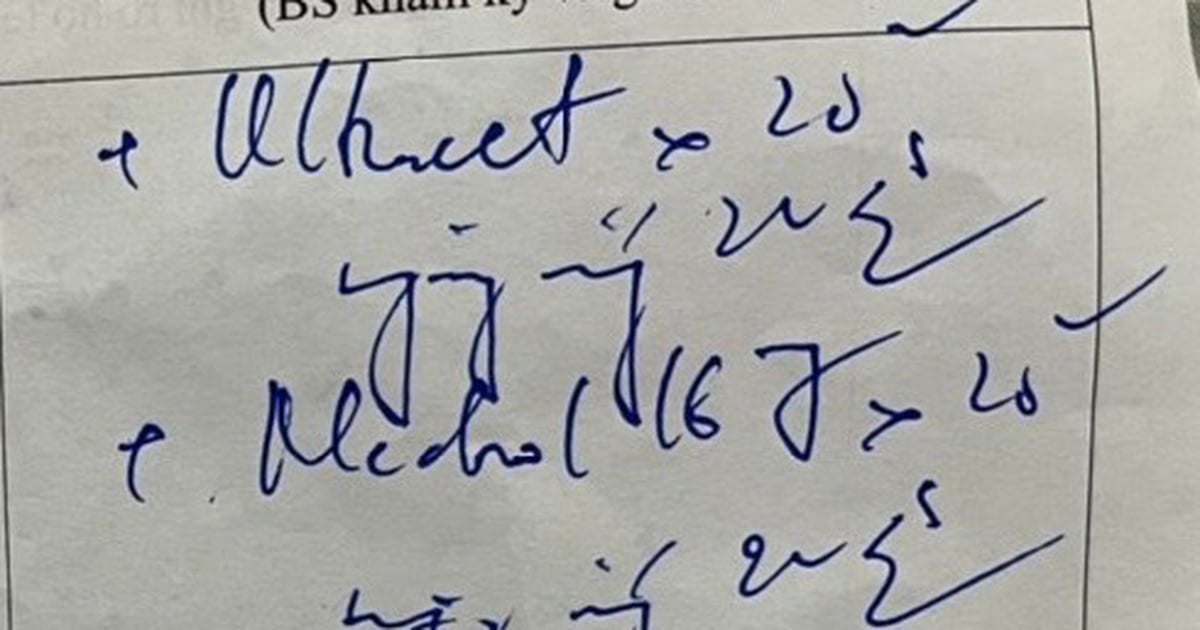



![[Photo] Prime Minister Pham Minh Chinh meets with General Secretary and President of China Xi Jinping](https://vstatic.vietnam.vn/vietnam/resource/IMAGE/2025/4/14/893f1141468a49e29fb42607a670b174)

































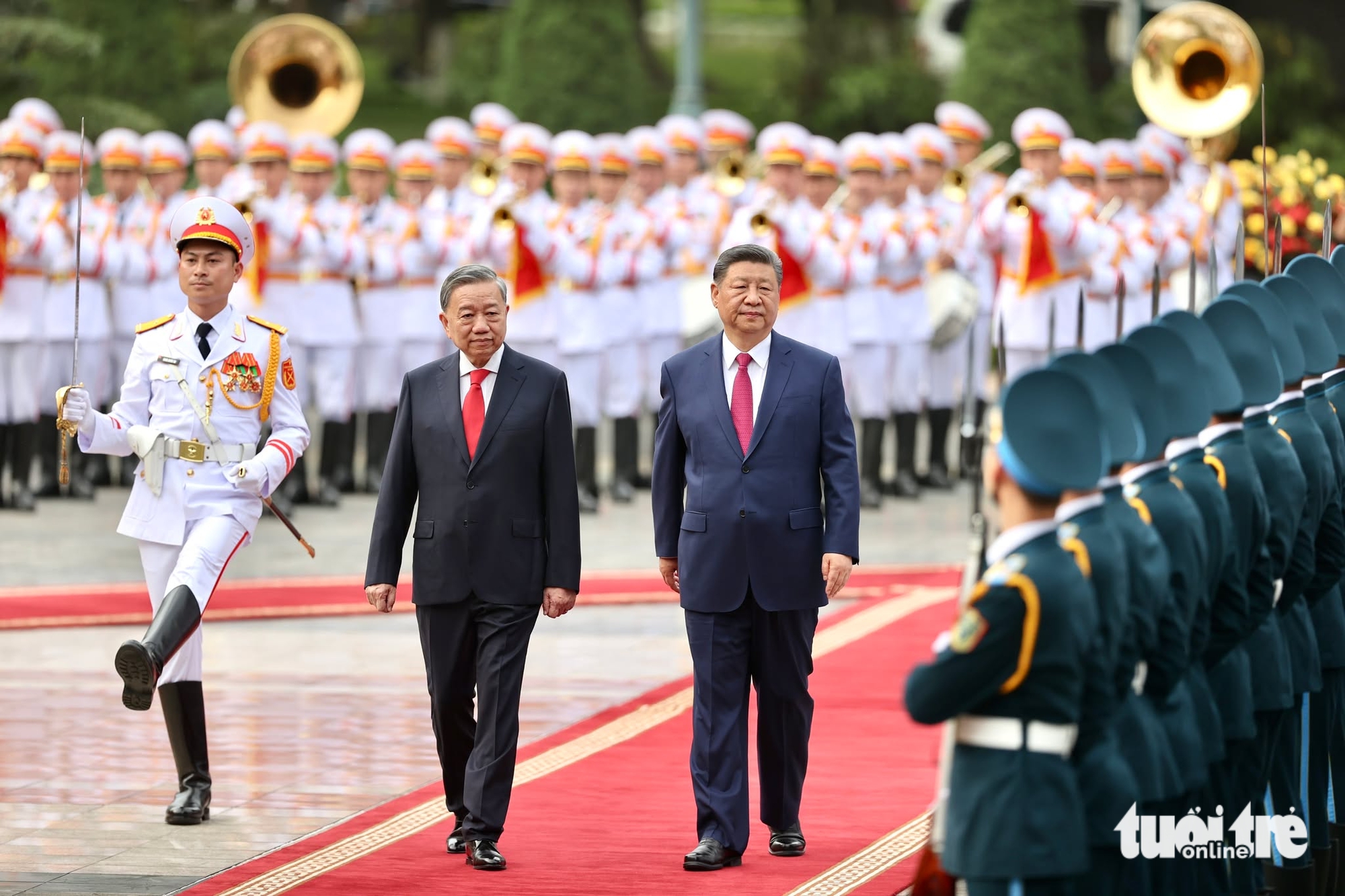
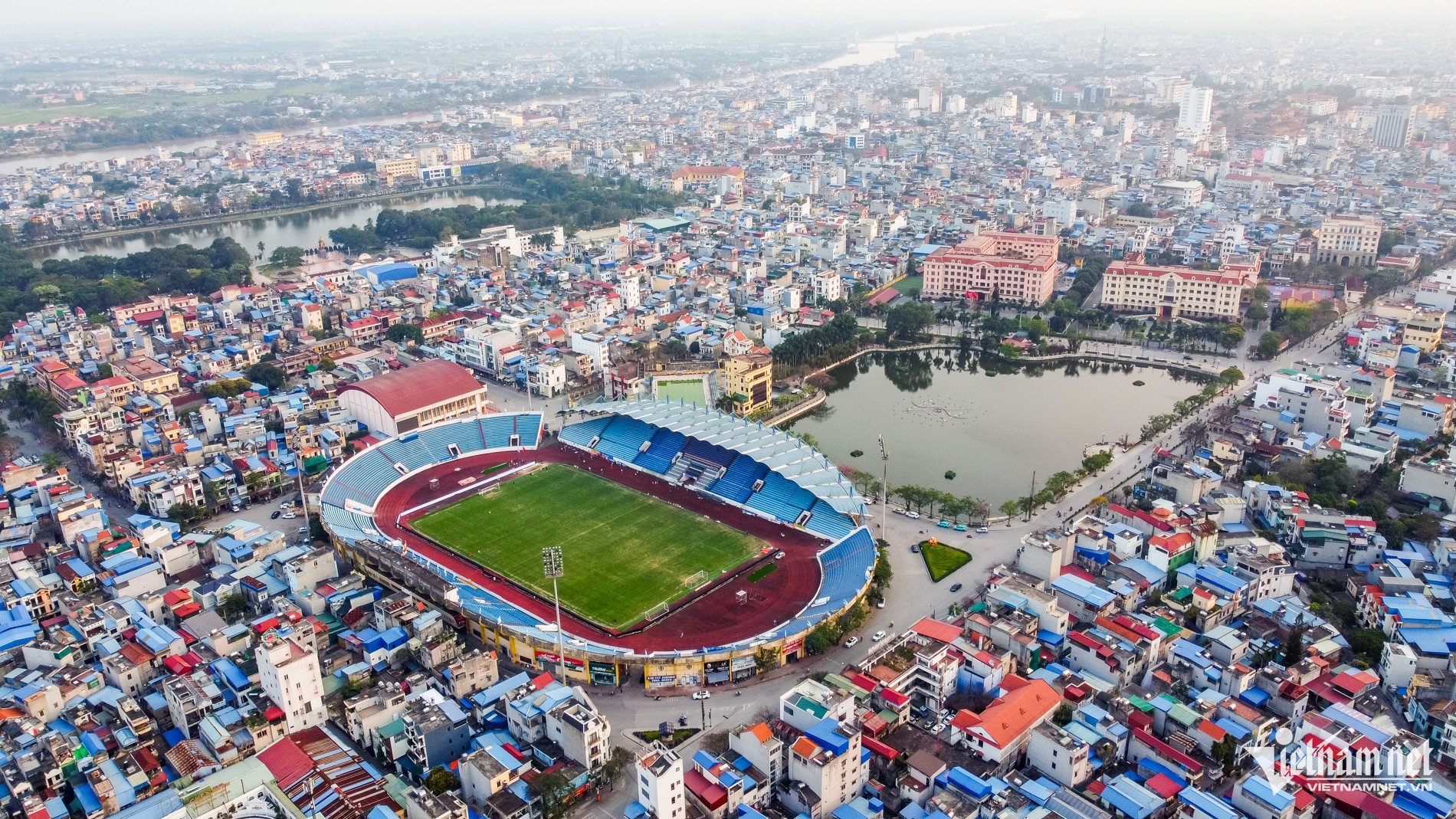





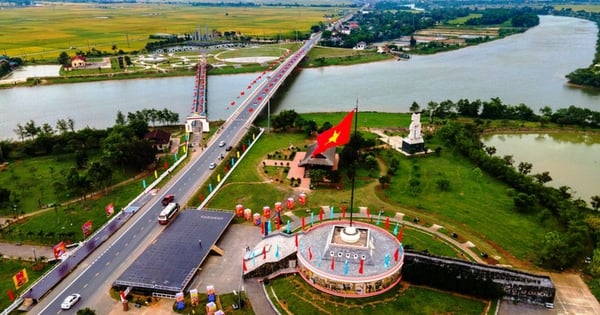






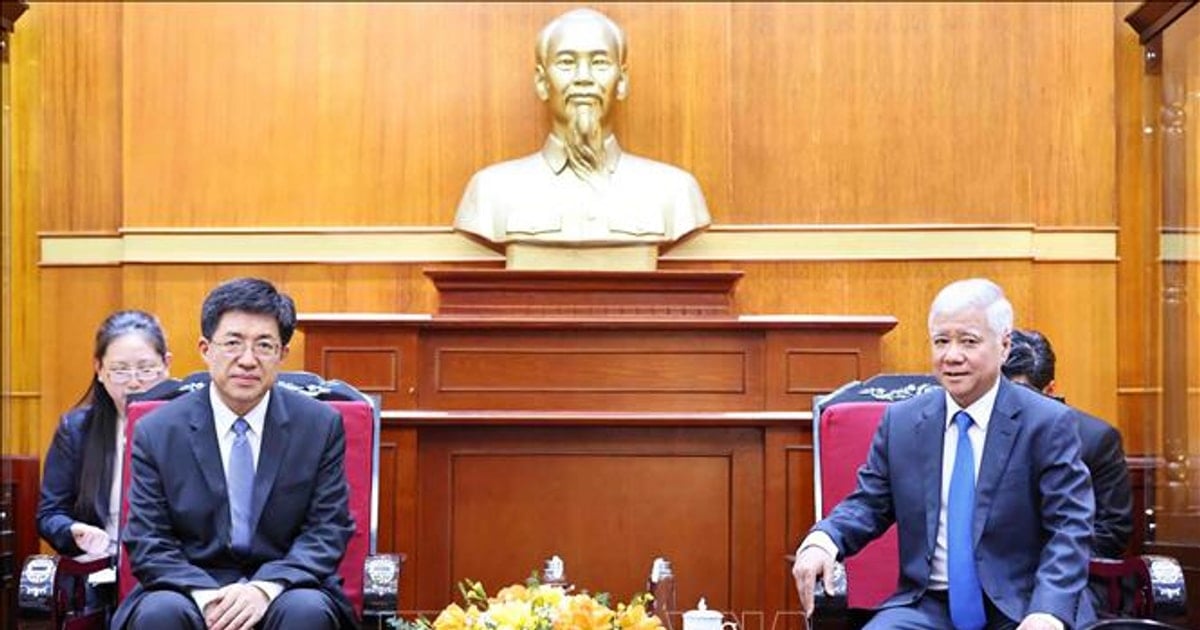




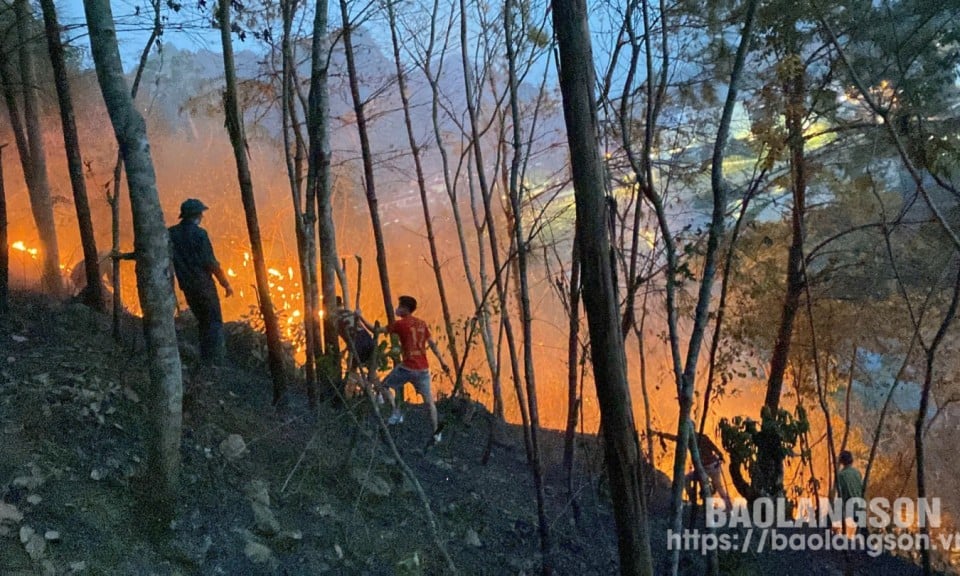










Comment (0)